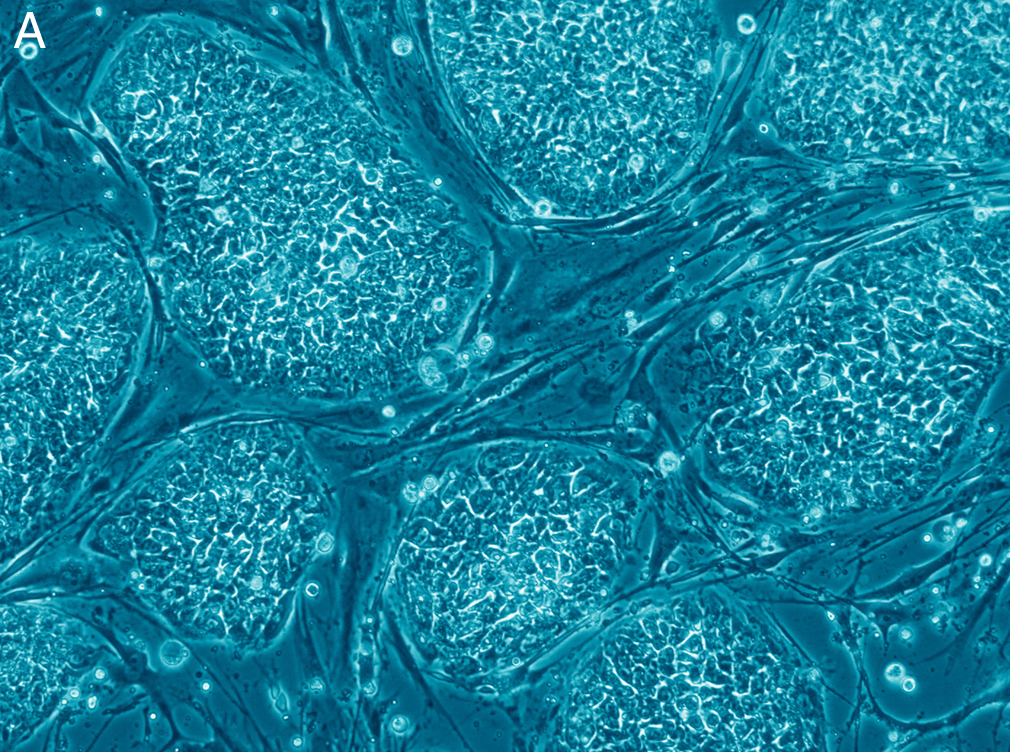 Unlike some trials, the stem cells used in this study did not come from the patients, but instead from two donors. These were injected into areas of the brain that typically control motor movements through holes drilled into their skulls (it wouldn't sound so bad if you were paralysed!), at amounts of either 2.5, 5 or 10 million cells. These stem cells are known as mesenchymal stem cells, which come from the bone marrow. While experiments on rats showed that these donor cells disappear in a month, these cells were engineered to possess a gene which activates pro-brain development factors in babies, and so produced growth factors that build connections between brain cells and promote blood vessel growth. The ReNeuron trial used stem cells from aborted foetuses which were grown to produce larger numbers of cells. Both companies are planning further, larger trials, while there are 30 others currently in progress. None have showed results as significant as those where the stem cells are injected right into the brain. In a rare news article speaking positively about international stem cell clinics, it has been reported that former and even current professional athletes are embracing stem cell therapy in order to maintain or regain health. These clinics are often located in Spanish or Russian-speaking countries, such as Mexico and Kazakhstan. It was noted that mesenchymal stem cells have a side-benefit of producing anti-inflammatory and pro-healing chemicals. [Image Source: Nissim Benvenisty/Wikimedia].
Unlike some trials, the stem cells used in this study did not come from the patients, but instead from two donors. These were injected into areas of the brain that typically control motor movements through holes drilled into their skulls (it wouldn't sound so bad if you were paralysed!), at amounts of either 2.5, 5 or 10 million cells. These stem cells are known as mesenchymal stem cells, which come from the bone marrow. While experiments on rats showed that these donor cells disappear in a month, these cells were engineered to possess a gene which activates pro-brain development factors in babies, and so produced growth factors that build connections between brain cells and promote blood vessel growth. The ReNeuron trial used stem cells from aborted foetuses which were grown to produce larger numbers of cells. Both companies are planning further, larger trials, while there are 30 others currently in progress. None have showed results as significant as those where the stem cells are injected right into the brain. In a rare news article speaking positively about international stem cell clinics, it has been reported that former and even current professional athletes are embracing stem cell therapy in order to maintain or regain health. These clinics are often located in Spanish or Russian-speaking countries, such as Mexico and Kazakhstan. It was noted that mesenchymal stem cells have a side-benefit of producing anti-inflammatory and pro-healing chemicals. [Image Source: Nissim Benvenisty/Wikimedia]. So why am I writing about this, besides the fact that I am completely obsessed with stem cells? Natural medicine is being found to have a place in stem cell therapy, as more research is released showing that natural substances can improve the efficacy of these procedures. In one such study, curcumin (from turmeric) was shown to improve the survival of stem cells transplanted to heal heart tissue. These cells also produced more vascular endothelial growth factor (VEGF), were less likely to be injured and improved heart function more. In another, a combination of spirulina, blueberry, carnosine, vitamin D3 and green tea increased the growth of neural stem cells and protected them against inflammation-induced destruction. This was inspired by research that showed a reversal of age-related cognitive decline and an increase in brain cell growth in rats after levels of the inflammatory interleukin 1-beta were reduced. Would I like to be involved in stem cell therapy, using natural medicines to improve outcomes and quality of life? Yes!
No comments:
Post a Comment